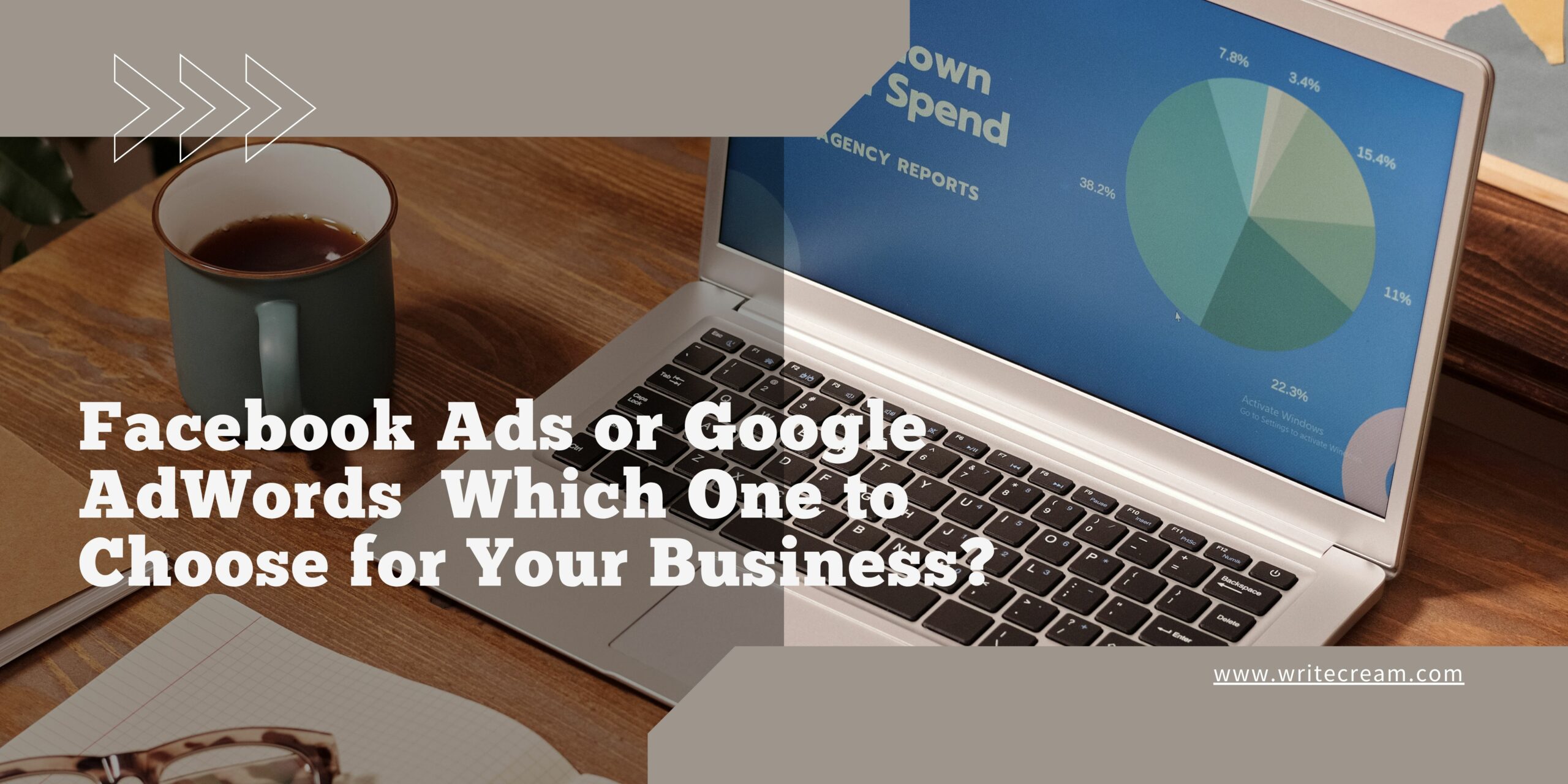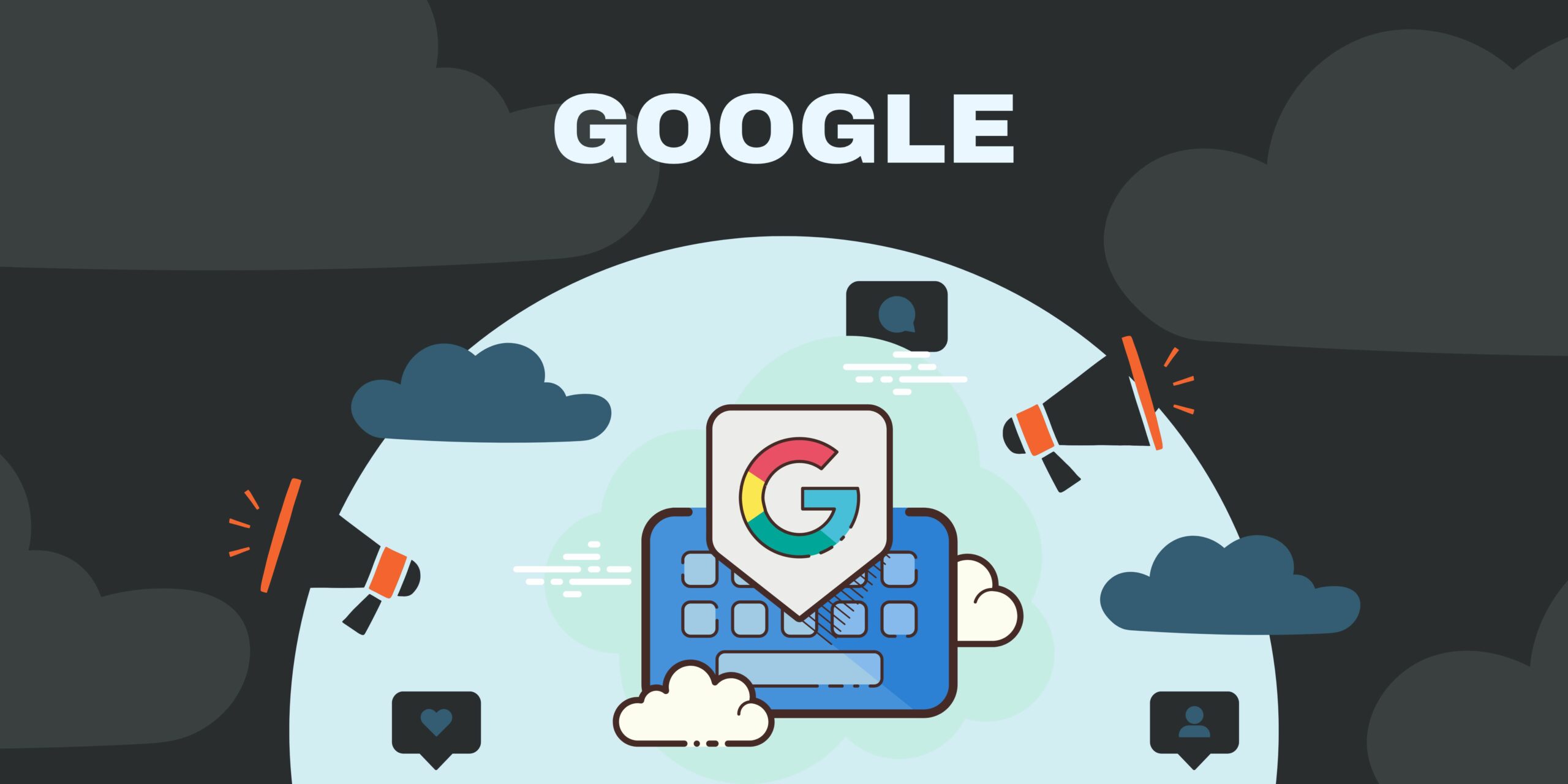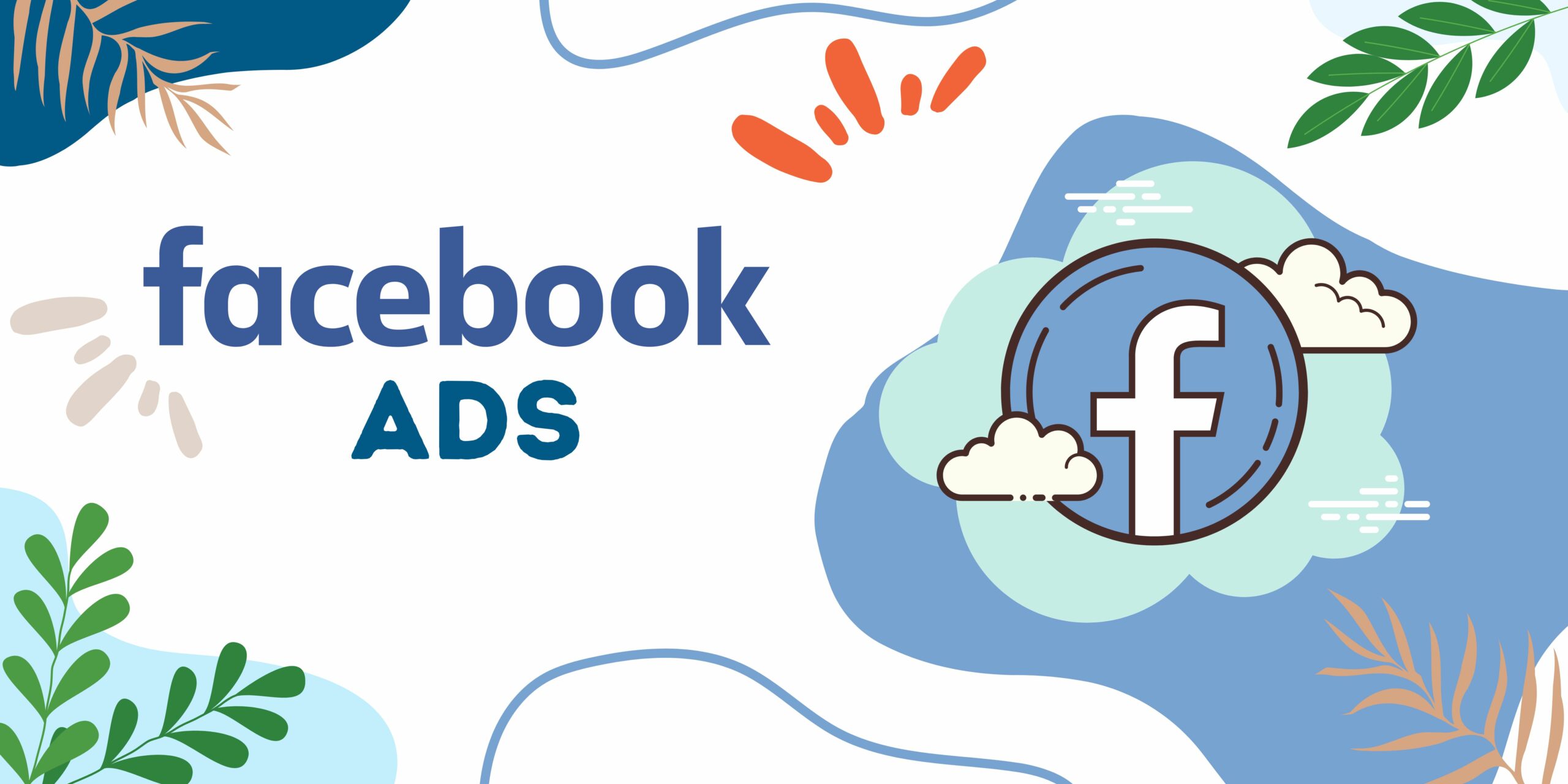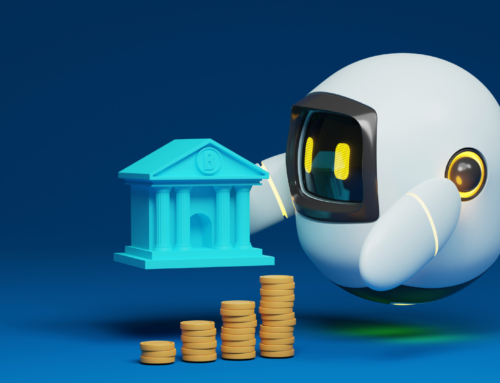
When it comes to digital advertising, two juggernauts stand out – Facebook Ads and Google Ads. Both provide significant opportunities for businesses to reach their target audience, yet they are inherently different. Choosing the right platform plays a significant role in any business’s marketing strategy; understanding the differences between Facebook Ads and Google Ads can help make an informed decision.
Google AdWords is a pay-per-click advertising platform offered by Google, which allows advertisers to place ads on Google search engine results pages, YouTube, and other websites. Advertisers bid on specific keywords or phrases, and their ads may be displayed to users who search for those keywords. Advertisers only pay when someone clicks on their ad, hence the name “pay-per-click.” Google Ads is best for reaching cold audiences that are already searching or researching a product. The ability to bid on specific keywords, locations, and interests targeting. Google Ads also offers the ability to retarget the same customers and create lookalike audiences on websites and Youtube
On the other hand, Facebook Ads are great for advertising something your target audience is likely to be interested in but isn’t actively searching for. Facebook Ads, on the other hand, are perfect for retargeting via demographics, interests, and behaviors. Both platforms offer unique features and strengths, chosen based on advertising goals and target audiences. Even though you’ve heard a lot about both, you’re still unsure how the two platforms differ. Well, look no further. In this article, we’ll go through the unique features of each platform, the major differences to keep in mind, and quotes from experts to help you grasp the difference the best.
Talking about Facebook Ads VS Google Ads, they are the two most popular pay-per-click advertising networks, where marketers are charged for each click an ad receives. They use competitive bidding, but differently. Meta, or Meta for Business, is paid social media advertising on Facebook. Facebook, Instagram, Messenger, and Meta’s expanded Audience Network display its ads.
What is Google Ads?
Google Ads is a Google-developed paid advertising network where advertisers pay to display brief ads, service offerings, product listings, or videos to web users. This includes over 2 million websites on its display network and the results pages of 3.5 billion daily searches on its search network. It can display advertisements in search engine results, non-search webpages, mobile apps, and videos.
Google Ads are paid search ads on Google SERPs or image-and-text ads shown to remarketing lists across the Google Ad Network. Google Shopping ads and sponsored image and video ads on image and video search results pages also search page ads. “Facebook ads rarely produce the kind of ROAS that executives expect. They tend to be the worst-performing major ad channel. Google ads definitely get much better results and can still generate a solid ROI. But in the age of ad blockers and GDPR, neither is the best option. Instead, marketing budgets are better spent on content marketing like blogs, podcasts, video, and social media.” says Nick Gausling. a business consultant in Houston, Texas.
James Smith, owner of NCCuttingtools, while sharing his experience, asserted that Google ads are more effective and the conversion rate is high than Facebook ads. If a business is looking to build brand awareness and reach awider audience, Facebook Ads are more effective. Amongst the two options, i.e. Facebook and Google Ads, the better option for a business depends on what your business requires. Google Ads can be a faster way of getting started and have a wider potential reach than Facebook.

So in terms of better results, both did better results depending on the type of campaigns we were running, so for any BOFU campaign Google Ads is your go, and if you’re looking to keep your brand buzzing in customers’ heads, that’s where FB comes in.
Edward Haris, CEO, and founder of Phoenix Review, believes even though Google Search ads have a higher average cost per click, however the conversion rate is slightly lower than the Facebook Ad rate. In contrast, the click-through rate for Facebook Ads is much higher on the platform, so he recommended investing in Facebook services to get better results.
What Is Facebook Ads?
Facebook Advertising is the platform for targeted advertising on Facebook. It allows businesses to send branded messages to users of the biggest social network. Within the Meta ecosystem, advertisements may appear in the Facebook Feed, Facebook Messenger, and non-Facebook apps and websites. However, they can be tailored to very particular audiences and come in a range of formats, including single images, movies, slideshows, and more.
Facebook and Google PPC ads use competitive bidding, but differently. Meta, or Meta for Business, is paid social media advertising on Facebook. Facebook, Instagram, Messenger, and Meta’s expanded Audience Network display its ads.
Google Ads are paid search ads on Google SERPs or image-and-text ads shown to remarketing lists across the Google Ad Network. Google Shopping ads, sponsored image and video ads on image and video search results pages, and search page ads.
Since Facebook users aren’t actively shopping, advanced audience targeting sets Facebook Ads apart from Google Ads. Facebook Ads convert because advertisers can target by age, gender, income, and interests that match ad content.
According to Mr Mark Chen, the founder, and CEO of BillSmar, upon finding his own businesses online and having spent a couple hundred thousand dollars on Facebook and Google, he prefers to spend most of his advertising budget on Facebook.

Facebook Ads Vs. Google Ads
Whether scrolling through Facebook or conducting a Google search, we have undoubtedly encountered both types of advertisements. So how exactly do they work? Both of them are pay-per-click (PPC)-based advertising systems. In an auction that you enter when you create an ad on either platform, you can submit a bid for how much you want to spend for ad space.
Mr Bruce, the founder, and CEO of Emfurn, a furniture company based in Canada, said that for him, the Cost is a key factor. Google Ads’ typical CPC is $2.69. As an online store owner, he pays roughly $1.16 per click for paid searches. Conversely, Facebook Ads typically cost less per click than Google Ads. He can spend as low as $0.45 per click on a Facebook ad. Finance and insurance are the most expensive industries to advertise on Facebook, yet the average CPC is still only $3.77.
As per David Reid, Sales Director at VEM Tooling, when examining each system’s capabilities and possible applications, it is clear that the two platforms should be considered complementary rather than hostile. While the two platforms have certain similarities, how the two platforms have grown independently of one another illustrates that Google and Facebook should be utilized in tandem, not in conflict.
“Amongst the two options, i.e. Facebook and Google Ads, the better option for a business depends on what your business requires. Google Ads can be a faster way of getting started and have a wider potential reach than Facebook. However, according to my experience, Facebook Ads can offer more distinct targeting that is nuanced owing to its pixel. This is why Facebook Ads have a greater and more powerful potential for tracking insights than Google Ads.” said Isla Sibanda, an entrepreneur and a Cybersecurity Specialist with a background in ethical hacking at Privacyaustralia.net.
Both Facebook and Google Ads are popular online advertising platforms that allow businesses to reach target audiences through digital advertising campaigns. Here are some key differences between the two:
Target audience: Facebook Ads primarily target users based on demographics, interests, behaviors, and Facebook activity, whereas Google Ads focus on users who are actively searching for products or services related to the advertiser’s business.
Ad format: Facebook Ads primarily uses image and video formats, whereas Google Ads offer a variety of ad formats, including text, display, and shopping ads.
What Is The Cost?: Google Ads operates on a pay-per-click (PPC) model, while Facebook Ads operates on a bidding model. As a result, the cost per click can be higher on Google Ads due to more competition.
Analytics: Google Ads provides more detailed analytics and tracking options, including conversion tracking and ROI analysis, than Facebook Ads.
Reach – It’s a Numbers Game!: Facebook has a large user base and therefore offers a wider reach, while Google Ads can be more specific and targeted due to its focus on search intent.
Next, each time a user clicks on one of your client’s ads, you will be charged a set sum of money. Google and Facebook both have extensive reach across the internet. Google’s display network reaches 90% of online users, and annual searches in its proprietary engine have surpassed a trillion. On the other hand, Facebook is the world’s most popular social networking site, with over 2.2 billion users.

Why are Facebook ads better than Google?
Compared to Facebook Ads, Google Ads may be easier to set up and have a greater potential audience, but Facebook Ads may offer more precise targeting thanks to their pixel and potentially much more insightful monitoring data. Facebook ads may be the nimble upstart compared to Google Ads, but Facebook has been enhancing and perfecting its advertising platform for some time. Therefore, Facebook Ads is a pioneer in the field of sponsored social and has taken a prominent position in the digital marketing plans of many companies. Also..
When it comes to targeting Facebook offers more options for narrowing down the audience, including interests, behaviors, and life events. This makes it ideal for B2C campaigns where the focus is on reaching a specific group of consumers. For example, if you are promoting a new skincare product, you can target women between the ages of 25-35 who are interested in beauty and wellness. On the other hand, Google Ads focuses on keywords and search intent, making it better suited for B2B campaigns or targeting people actively searching for specific products or services.
Both Facebook and Google have large user bases and can be effective for different types of advertising campaigns. The platform that provides better results for a specific advertiser can vary depending on the target audience, advertising goals, and the type of products or services being offered.
Mr. Jonathan Tian, Founder of CreditYelp, said that Facebook Ads have given him better results than Google ads. They can reach the target audience quickly through Facebook ads. Here, the ads are displayed based on the audience targeting attributes. Their messages deliver to valuable clients in no time. Time factors are vital in advertisements. Faster reach yields better results, and Facebook ads are appreciated for quick responses. Many of their services offer immediately connect with clients through Facebook ads. Moreover, many users are comfortable with this social media platform and visit it regularly for product updates.
Ultimately, the best platform for you will depend on your business goals, target audience, and the type of products or services you offer. If you are looking to reach a large, general audience, Google Ads may be the better choice. However, if you are looking to target specific demographics or interest groups, Facebook Ads may be more effective – as per Tomas Heligr-Pyke from Tomedia.
Why are Google ads better than Facebook?
Google is regarded as the undisputed leader in online advertising since it is the world’s most well-known and frequently used search engine. Google provides advertisers with access to an unmatched and unprecedented potential audience of consumers who are actively looking for goods and services. Google processes more than 3.5 billion search queries every single day.
Freddie Smith, the CEO of Lottery Critic, a sports and lottery company dedicated to providing people with the opportunity to enjoy responsible gambling pointed out that the main difference between these two platforms is that the targeting for Google Ads is much more specific and detailed than with Facebook Ads.
Mr Sam Chan, founder of PiPiADS firmly asserts that he can authenticate that Google Ads delivers positive results much faster than Facebook Ads. However, the main difference between Facebook Ads and Google Ads is the CPC (cost-per-click) value. Also, there is a huge difference in the search volume between the two, and maximum traffic goes to Google Ads, making the potential for audience reach much higher than that of Facebook Ads.
“When it comes to choosing between Facebook Ads and Google Ads, the answer is not always clear-cut. While both platforms offer a wide range of options to help you reach the right audience and maximize the reach of your campaigns, it really depends on your goals, budget, and target audience in order to determine which platform will deliver better results. With Facebook Ads, you have access to detailed demographic targeting capabilities and powerful creative features such as video ads. Meanwhile, Google Ads offers advanced remarketing capabilities that allow brands to engage users who have already interacted with them while also providing access to valuable keyword data” says Matthew Goulart, founder of Ignite Digital.
The reason for the differences between these two platforms is about user intent. When someone clicks on your Google Ad, it means that they put in the effort to search for the keyword you are running ads for. Something prompted them to take action, so they likely have some level of motivation to buy your product or service. Facebook Ads, on the other hand, show up as people are scrolling through their news feeds. They might just click on your ad because it seems interesting, but they have no intention of working with you. Often, by the time you reach out to them, they have already forgotten that they responded to your ad.
Mr Mohammad Arman, a digital marketer said that he has used both the platforms both are good platforms. But for him, Google ads gave better results than Facebook ads because Google ads give the feature to target people based on their search query, but Facebook didn’t. In Facebook ads, one can only target based on demographics, behaviour, and interest—not the people who are searching for the thing that you are selling.
Also, the Search and Display networks are Google’s two main networks that distribute its advertising options. Advertisers can place bids on millions of keywords and phrases on the Search network, which includes the totality of Google’s search engine, to target potential clients.
Conclusion
Comparing tools and networks frequently reveals that there is rarely a clear-cut right or wrong answer. Together, Facebook and Google may be very effective, particularly when it comes to remarketing. So, your campaign aim is what ultimately matters. Anything from sales and leads to brand awareness could be the cause. Being aware of this enables you to proceed correctly. Using Google Ads, you may contact customers who are highly likely to make a purchase. On the other hand, Facebook Ads are a wise choice for increasing brand recognition.

